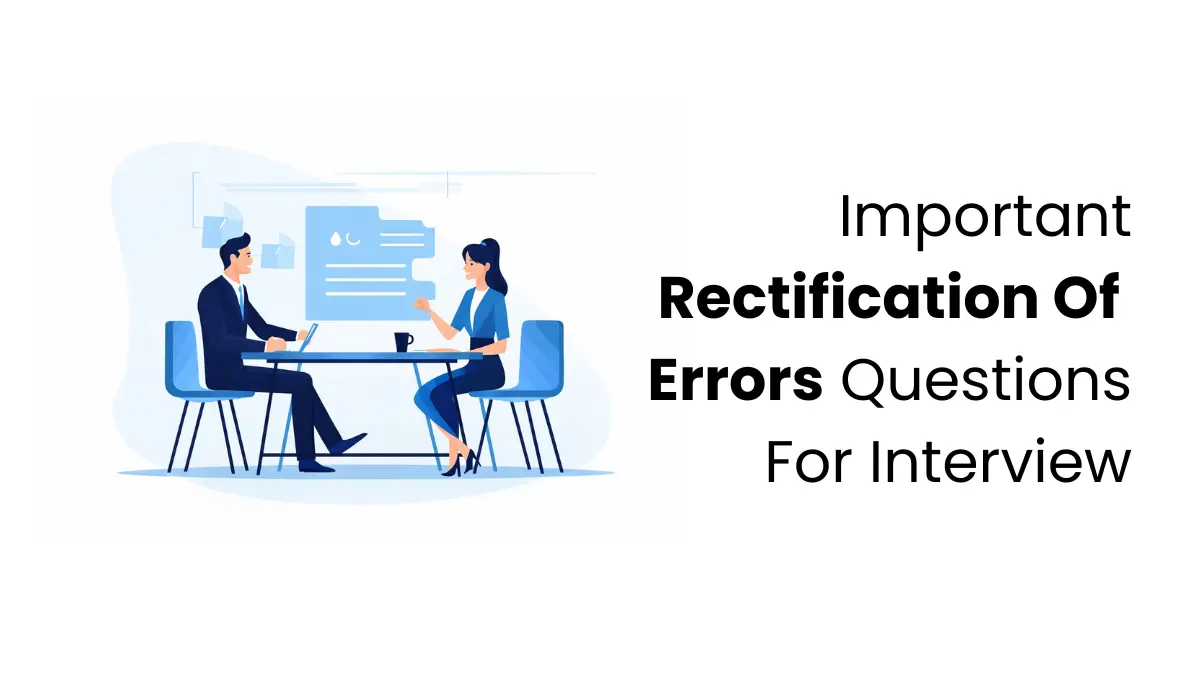Anyone involved in SEO and digital marketing must understand the difference between Domain Authority and Page Authority. Even though both concepts are critical for measuring a website’s growth and significance, they are used differently to measure different aspects of online presence and performance. Marketers use SEO metrics to see how their strategies work and find ways to improve. Some companies focus on their authority, which shows how well they do online. Authority helps determine search engine rankings, so SEO experts work on making high-quality content to increase authority and visibility.
Domain Authority
Domain Authority (DA) mainly examines the website in the search results. To enhance the belief that businesses can rank on the SERPs, Moz developed Domain Authority (DA) to define the likelihood’s extent. This tool focuses on the number and quality of links that link to a website and produces a single DA value. This score helps compare websites and monitor a business’s ranking’s relative strength with time.
DA is often one of the many factors that Google might use to determine a page’s rank on SERPs. Knowing which keywords give your brand authority helps you optimize your site better. But it’s not just about keywords—domain authority also depends on how many relevant backlinks your site has. Backlinks are links to your website from other trustworthy sites. The more high-quality backlinks you have, the better your chances of increasing your DA.
DA scores can change as new data is added. Websites more likely to appear in search results tend to have higher DA scores than competitors. New websites start with a DA score of one, which increases as they get more authoritative backlinks. Increasing your score at lower DA levels (20–30) is more accessible than at higher levels (70–90). However, DA isn’t a factor Google uses to rank websites in search results.
You can build your Domain Authority (DA) by taking these steps:
- Create good content that people like.
- Get important and relevant links to your site.
- Make sure your web pages are optimized.
- Improve how your site appears off the web.
- Learn from your competitors.
- Update old content and fix problems.
- Make your website work well on all devices.
- Share your content in many places online.
Page Authority
Page Authority (PA) is a score that shows how likely a webpage is to appear in search results. Imagine Page Authority as a grade that reflects how much search engines trust and value a specific page. This score is influenced by the number and quality of links pointing to the page.
A low score on PA represents between 0 and 20, while a high score represents between 91 and 100. The higher the score, the better the possibility that this page has a good ranking in the search engine. The scale is logarithmic, and the increase of the score is more complicated when they are in a higher position.
Here are steps to follow to improve your Page Authority (PA) and rank better in search results:
- Confirm the site is well-organized and has a clear URL structure.
- Post content on reputable websites.
- Use your Domain Authority (DA) analysis to guide your content strategy for better PA.
- Get quality links directly to your page.
- Remove old or harmful links.
- Optimize your page for SEO and make sure it works smoothly.

Differences Between Domain Authority and Page Authority
Domain Authority and Page Authority might seem similar, but there are subtle differences:
Purpose
Domain Authority and Page Authority are different in the purpose of doing. DA Shows how strong your entire website is compared to others and predicts how likely it is to rank well in search results. PA predicts how well a particular page will rank in search results. It helps you decide which pages need improvement.
Calculation
Domain Authority and Page Authority is important in data. DA data is calculated based on multiple factors, including the total number of backlinks, the quality of those backlinks, the linking root domains, and other SEO signals across the entire domain. PA focuses on individual pages and is calculated using factors such as the number and quality of links pointing to the page, the relevance of the content, and other specific page-level SEO metrics.
Focus
DA indicates the overall strength of the entire domain, while PA measures the strength of individual pages within that domain.
Usage
DA is useful for understanding the competitive position of a website as a whole. PA is more targeted, helping to optimize specific pages for better rankings.
Overall, Domain Authority and Page Authority scores help show how the site will rank in search results. However, they should be considered within your business and industry context. DA and PA work best together. Knowing how your pages rank individually gives more insight into your domain’s overall ranking. Companies should focus on creating unique, original, and exciting content that attracts readers. DA and PA can help measure how well you are reaching this goal.
Digital marketing training opens up opportunities for individuals to thrive in business. Finprov is a leading institute offering various accounting courses for graduates and professionals. Our best digital marketing training institute in kochi stands out as a comprehensive and valuable opportunity. Finprov’s digital marketing course in Kochi equips candidates with the knowledge and skills to utilize digital marketing strategies for business growth.
Our digital marketing training in Kochi covers essential concepts such as an overview of digital marketing, using Google tools for effective marketing, running digital ads on different platforms, promoting digital marketing strategies, and understanding popular digital marketing tools and metrics. By enrolling in Finprov’s digital marketing institute in Ernakulam, individuals can take a significant step toward achieving professional success in the digital marketing domain.










